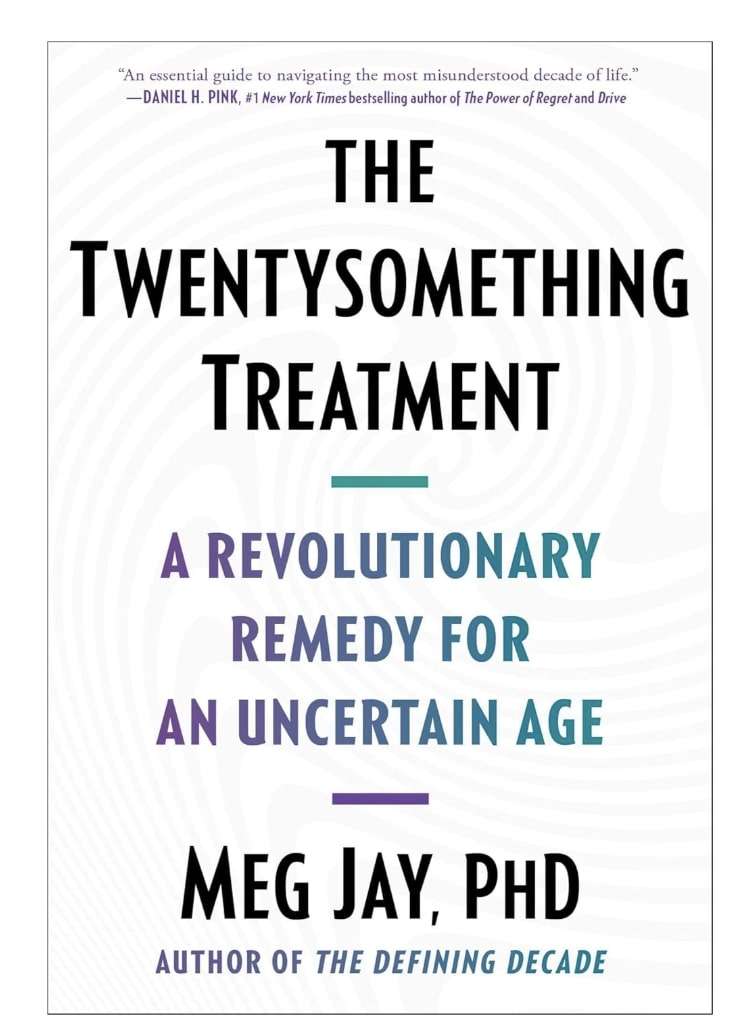If your child is in their twenties and you find yourself confused, worried, or wondering how to support them—you are not alone.
“The most important word to think about when you think about t is the word: uncertainty,” says Dr. Meg Jay, clinical psychologist and author. “It’s really the only decade of life where everything is uncertain at once,” she told Lianne Castelino during an interview for Where Parents Talk.
“You wake up and you don’t know where you’ll live in five years, who you’ll love, where you’ll work, how you’ll pay your bills. The brain doesn’t like that kind of uncertainty. And tdon’t either,” she says.
From Certainty to Chaos: What’s Changed
For many parents, their own twenties looked very different. Marriage, career, and even homeownership likely happened earlier and more predictably.
“In 1970, most people had checked the adult boxes—career, marriage, family—by their early twenties,” explains Jay, Associate Professor of Human Development at the University of Virginia and bestselling author ofThe Defining Decade and
. “Today, those milestones hover around 30, and that creates a decade of ambiguity.”
That shift is where many generational misunderstandings can begin. Parents may interpret their child’s indecision as laziness or immaturity, when in reality, they’re navigating a new—and far more complex—reality.
Why the 20s Still Matter So Much
Despite all the uncertainty, Dr. Jay insists that the twenties are not a throwaway decade.
“People say the twenties are for messing around, that it’s a dress rehearsal. But they’re not. They’re the real thing,” she says. “The seeds for your career, relationships, and identity—those all get planted in your twenties.”

Even if the big milestones don’t come until the 30s, the groundwork happens much earlier. Jay uses her own life as an example:
“I got married at 33—but I met my partner in my 20s. I graduated from grad school in my 30s—but I started in my 20s. All those things began in that decade.”
That’s why she calls it “the defining decade”—and why she’s spent years helping young adults make the most of it.
The Tech Factor—and a New Kind of Pressure
One of the biggest changes shaping today’s t experience is technology. Remote work, dating apps, and endless scrolling on social media have redefined how young adults connect, communicate, and compare.
“Technology has transformed everything,” says Jay, a mother of two. “How people find love, how they job hunt, how they measure success. It’s changed the way t live—and often adds to their stress.”

In her work with clients, Jay also sees another recurring theme: pressure. The pressure to stand out, succeed, and “figure it all out” by 30 is crushing—often fuelled by social media comparisons and adult expectations.
“Young adults are tying their self-worth to achievement more than ever. And often, they feel like they’re falling behind—even when they’re doing just fine.”
How Parents Can Help—Without Hovering
So what can parents actually do to support their t child during this turbulent but transformative time?
Dr. Jay’s advice is simple:
Recognize the uncertainty.
“Empathize with how many unknowns they’re juggling. Don’t minimize it—meet them in it.”
Listen, don’t fix.
“Your child may just want you to understand—not give solutions. Empathy is walking beside them, not dragging them forward.”
Encourage small steps.
“Taking action—even imperfect action—is how they build confidence and momentum.”
Model emotional steadiness.
“You don’t have to pretend to have all the answers. Just be consistent, supportive, and respectful of their growth.”
A New Kind of Relationship
“This is a time to redefine your role as a parent,” says Jay. “You’re parenting an adult now—not a teenager. That means showing up in new ways.”
And if you’re wondering whether your support even makes a difference—rest assured, it does. While your t may be craving independence, they still need emotional safety, perspective, and encouragement from home.
“You don’t have to be perfect,” says Jay. “You just have to be present.”
Related links
Related articles
Simplifying Adulting Preparation: Essential Skills for Today’s Young Adults
The Science of Motivation: How to Engage Tweens, Teens & Young Adults with Dr. David Yeager
